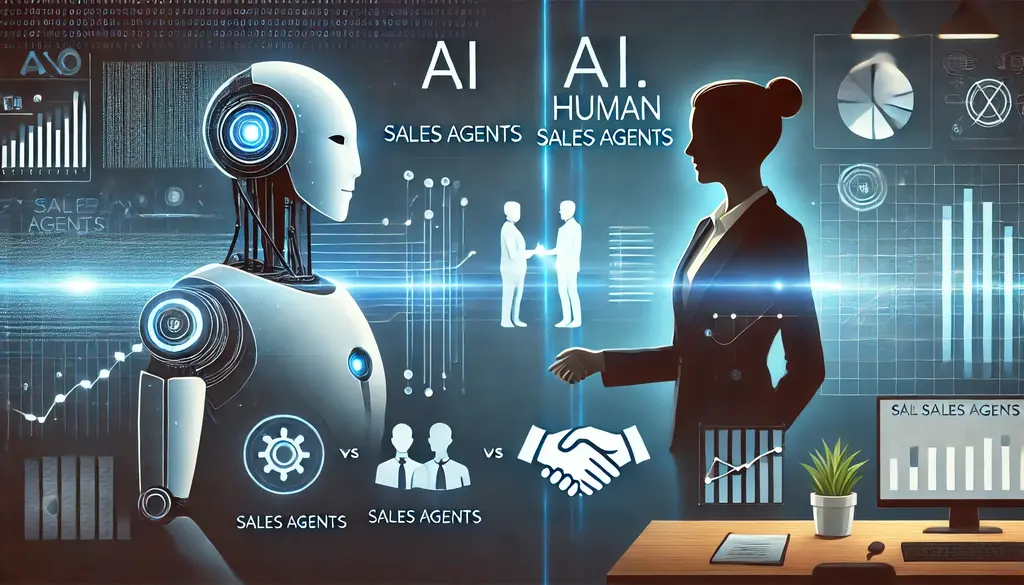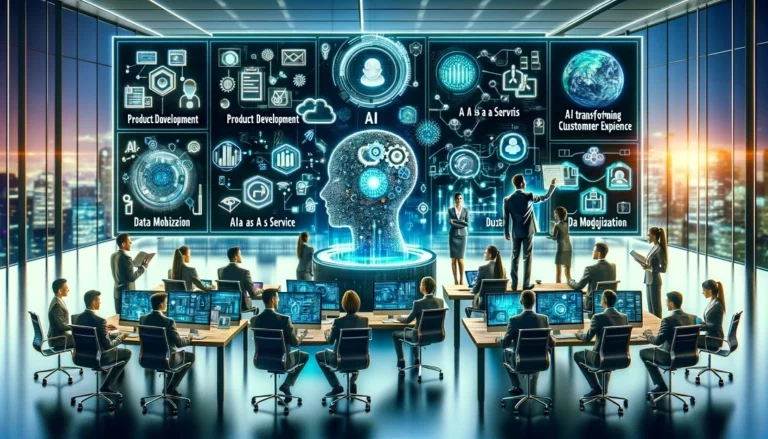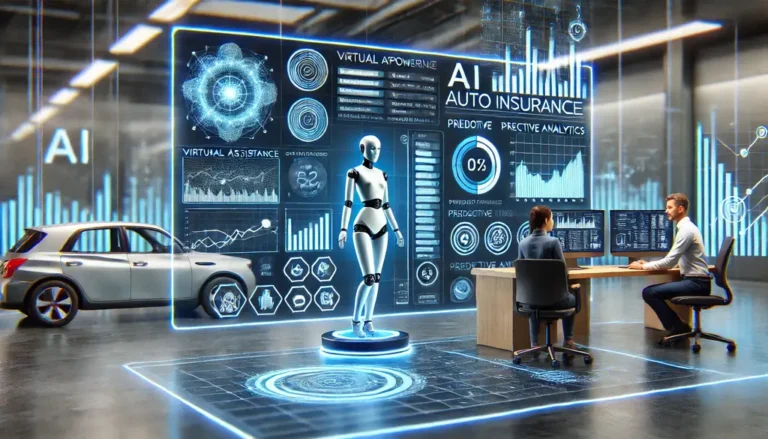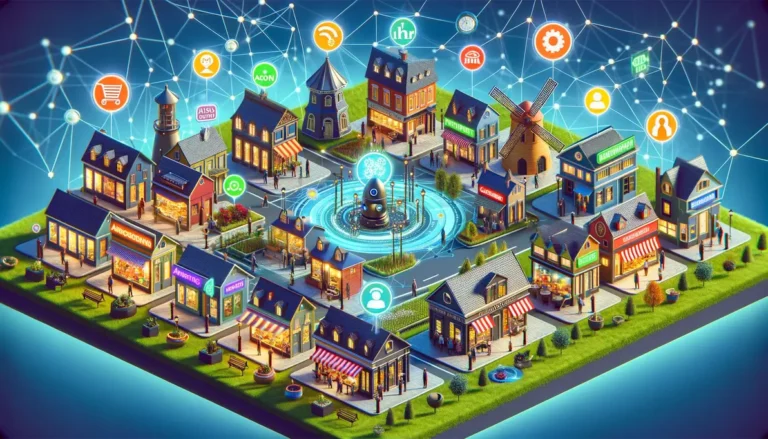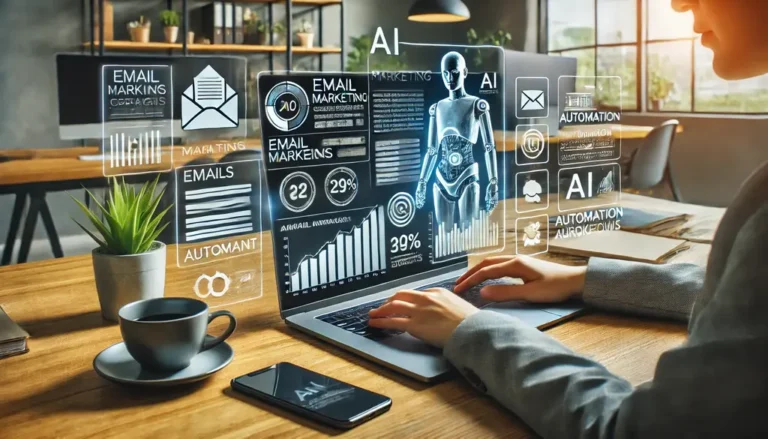Picture this: you’re running a call center or a small business, and the pressure’s on. Deals need closing, leads need chasing, and your inbox is a war zone. You’ve got your trusty human sales team plugging away, but then you hear about these AI sales agents—tireless, fast, and supposedly game-changing.
So, what’s the deal? Should you stick with the humans who’ve got your back or let the machines take a swing? Let’s hash it out.
I’m diving into the nitty-gritty of human sales agents versus AI-powered ones, breaking it down for anyone wondering how to make life easier in 2025. No fluff—just the real stuff businesses and call centers need to know.
Meet the Players
Here are the two big players today:
Human Sales Agents
These are the OGs—the folks who’ve been dialing numbers, shaking hands (or Zoom waving), and sweet-talking prospects forever. They’re armed with charm, gut instinct, and that knack for knowing when to push or pull back. They’re your relationship builders who can turn a “meh” into a “sold” with a grin and a good story.
AI Sales Agents
Then there’s the new kid—AI sales agents. Think Bigly Sales is making millions of calls, or Copy.ai is whipping up emails faster than you can say “send.” These tech-driven wizards use fancy stuff like natural language processing (NLP) and data crunching to tackle sales tasks around the clock. No coffee breaks, no burnout—just pure hustle.
How They Stack Up
Let’s get into the meat of it: efficiency, cost, personal touch, growth potential, and how they make customers feel. Here’s the rundown.
1. Efficiency and Speed
- Humans: They’re solid, but they’ve got limits. A rockstar agent might crank out 50 calls or emails a day—pretty impressive, right? But they need breaks, they get tired, and big deals with lots of back-and-forths can bog them down.
- AI: Holy speed, Batman! AI’s a beast here. Bigly Sales says it can handle “millions of calls in a day” without blinking. Copy.ai’s email generator? Minutes, not hours. If it’s repetitive—like blasting cold emails or chasing follow-ups—AI’s got humans beat.
Who Wins? AI. It’s like comparing a sprinter to a jet plane.
2. Cost Effectiveness
- Humans: Oof, this one stings. Hiring, training, and keeping folks happy are money pits. Call centers especially feel the burn from turnover and burnout. Aexus pointed out that humans need “constant training and management,” which means cash is flying out the door.
- AI: Here’s where it gets juicy. Bigly Sales claims it can slash up to 90% of call center costs. Tools like HubSpot’s AI Email Generator or Lavender? You pay a subscription—way cheaper than a salary—and they just keep going. The setup might pinch, but the savings pile up fast.
Who Wins? AI, no contest. Your wallet will thank you.
3. Personalization and Emotional Smarts
- Humans: This is their sweet spot. They hear a prospect hesitate, catch a vibe, and switch gears like pros. Juphy’s blog nailed it: humans build trust with empathy. Ever had someone talk you into something because they just got you? That’s human magic.
- AI: AI’s catching up, I’ll give it that. Copy.ai lets you tweak emails for specific audiences, and Bigly Sales can mimic tones or languages. But Aexus hit the nail on the head—AI’s still missing that “emotional depth.” It’s slick but not hugging you through a tough decision.
Who Wins? Humans, for now. AI’s playing catch-up on the heart stuff.
4. Scalability
- Humans: Scaling’s a slog. More agents mean more hiring, training, and chaos—weeks or months of ramp-up. Peak season hits, and you’re scrambling, losing leads left and right.
- AI: This is where AI flexes. Bigly Sales call it “scalable call handling,” and they’re not kidding—you can go from hundreds to millions of interactions without sweating. HubSpot’s email tool can blast campaigns to thousands in minutes. Humans can’t touch that.
Who Wins? AI. It’s built to grow with you, no drama.
5. Customer Experience
- Humans: People love a real voice, especially for big buys or messy problems. A human can calm a ticked-off caller or make you feel like family—that’s gold.
- AI: AI’s all about speed and consistency. Bigly’s multi-channel setup (calls, texts, emails) keeps things tight, and customers dig for quick replies. But if it flubs—like missing a question—it’s a buzzkill. Juphy’s right: folks can feel “unheard” by a bot.
Who Wins? It’s a toss-up. Humans win on trust; AI wins on convenience.
Where They Shine in Real Life
Let’s look more into the two players:
Humans Rule At:
- Big, Tricky Sales: Think B2B deals where you negotiate or bond over lunch.
- Damage Control: Upset customer? Humans smooth it over with a personal touch.
- Thinking on Their Feet: No script can beat a human’s knack for creative fixes.
AI’s the Champ At:
- Lead Hunting: Cold calls or emails at scale? Bigly and Copy.ai eat that up.
- Routine Check-Ins: Nudging prospects along without bugging your team.
- Number Crunching: Tools like Lavender provide data—open rates and conversions—that humans cannot track as quickly.
Why Not Both? The Hybrid Hustle
Here’s a thought: don’t pick a side—team them up. A lot of smart businesses are going hybrid:
- AI Kicks Things Off: Let it blast calls, score leads, or draft emails. Bigly’s Zapier hookup automates the grunt work like a dream.
- Humans Seal the Deal: AI warms ‘em up, then humans swoop in with the charm to close.
It’s like a tag team—Aexus calls it “augmented sales.” AI feeds humans insights (think Lavender’s email scoring), and humans add the soul. Best of both worlds, right?
The Catch
- Human Struggles: Burnout’s brutal—Bigly says AI can cut it by 40%. Plus, training is a headache; not everyone’s on the same page.
- AI Hiccups: Setup is a pain, glitches happen, and sometimes, it feels too robotic. Privacy is a thing, too—copy. AI’s SOC 2 compliance matters when data is sensitive.
So, Who’s the Champ?
Truth is, it’s not a clean knockout. If your call center’s swamped or you’re a business chasing scale on a budget, AI—like Bigly Sales or Copy.ai—is your MVP. It’ll grind through the busy work so your team can breathe. But if your sales game is all about trust, big stakes, or long-haul relationships, humans are still your ace.
My two cents? Try the hybrid vibe. Let AI tackle the easy wins—cold outreach and quick emails—and then let your humans shine where it counts. In 2025, it’s not human versus AI—it’s human with AI, making magic together.
What do you think? Ready to let AI take the wheel, or stick with your human crew? Hit me up in the comments—I’m all ears!
FAQs
Can AI Sales Agents Really Replace Humans Entirely?
Not quite—at least not yet. AI’s a rockstar at pumping out volume, like cold calls or emails, and it’ll save you a ton of time on the repetitive stuff. Bigly Sales can dial millions, and Copy.ai can crank out drafts in seconds. But when it comes to the messy, human stuff—think tricky negotiations or calming down an angry client—AI’s still got no soul. It’s more like a trusty sidekick than a full swap.
How Much Does It Cost to Get Started with AI Sales Agents?
It depends on the tool. Something like Bigly Sales might hit you with an upfront setup cost for their call center magic, but they promise up to 90% savings down the road. Copy.ai’s got a free tier, with pro plans kicking off at $49 a month. HubSpot’s email generator? Free if you’re already in their ecosystem. Compare that to hiring a human—salary, benefits, training—and AI often looks like a steal, even with the initial sting.
Do Customers Actually Like Talking to AI?
Sometimes, yeah! If it’s a quick “Where’s my order?” or “Send me a quote,” AI’s speed is a win—Bigly’s zero wait time is clutch there. But people still crave a human voice if it’s something personal or complicated. Juphy’s got a point: customers can feel “unheard” if the bot fumbles. It’s a gamble—nail the execution, and they’ll love the efficiency; botch it, and they’re annoyed.
How Hard Is It to Set Up AI for My Sales Team?
Not as bad as you’d think, but it’s not plug-and-play either. Tools like Bigly Sales handle the heavy lifting for call setups, and Copy.ai’s email generator is pretty much point-and-click. You’ll need to tweak it—set tones, feed it data, maybe connect it to your CRM (think Zapier with Bigly)—but it’s less “tech genius” and more “follow the manual.” Still, plan for a learning curve and some trial runs.
Can AI Learn My Team’s Sales Style?
Sort of. AI’s getting smarter—HubSpot’s generator can match your brand voice if you give it clear instructions, and Bigly Sales lets you train it on accents or languages. But it’s not sitting in your sales huddles soaking up your team’s swagger. You’ve got to spoon-feed it the vibe you want. Humans, though? They pick up the rhythm naturally—no programming required.

